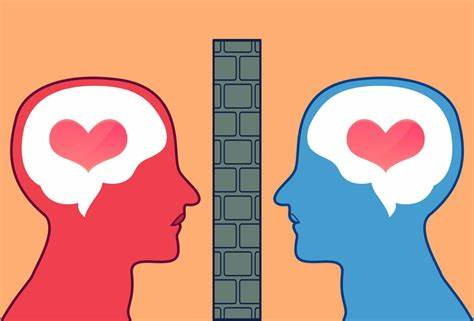Intense feelings of wanting something, craving them, experiencing them and claiming to have them as a part of our everyday lifestyle sounds exciting. Unlike sexual arousal where a person’s genital reacts to their excitement of anticipation for sex, sexual desire is defined as an emotional urge of a person to engage in any form of sexual activity. It is an appetite for sex, where you explore the dimensions of kinks and fantasies and get to understand personal likes and dislikes. As social animals, we crave connection, affection and intimacy. Therefore, the wide array of desires that remains locked in the backend chamber of our brain is absolutely normal and valid. The key is to tiptoe the fine line between embracing them whilst not allowing them to overpower your everyday life.
It becomes important to normalize sexual desires as an integral part of human sexuality. This is because not all people have sex to merely satisfy their sexual urges. It roots down to individual interpretation of desire and needs. You could define your desire as a mutual agreement of giving and receiving tender affection or regard them as merely a strict act of sexual service offered to your partner. Either way, the key here is to remain on the same wavelength with yourself and your partner in the process. It becomes necessary to identify your escapades of pleasure and establish channels that communicate the same with involved people. This way, any form of sexual desire stands validated, given it is consensual and creates no psychoemotional damage.
It is understood that sexual desires are validated given the said pretext. But the question remains how much desire is too much desire? Is there an extreme to engaging in a certain form of sexual activity? Non-traditional sexual, sensual, and intimate behaviours such as sadomasochism, domination and submission, erotic roleplaying, fetishism, and erotic forms of discipline could be a part of an individual’s sexual desire. And as long as it involves consent from all involved parties, and does not affect everyday life outside sex, these desires can be a vehicle for people to embrace their vulnerability, maintain intimate bonds, and learn to communicate sexual preferences in a non-judgmental way. There is no “ideal” type of sex, for the possibility of experiencing it is limitless.
Oftentimes, the media portrays unconventional sexual interactions as potentially negative behaviour. This results in creating shame and guilt among individuals who desire outside-the-box sexual activities. However, one would not be able to identify their needs and understand the limits given that they do not explore. As a connection on both emotional and physical levels, unleashing your sexual desires not only helps have a positive outlook on yourself but also helps understand the distinction between reality and fantasy. It trickles down to building trust, using safe words, having consent and identifying personal boundaries. Because when we normalize desires that are typically marginalized, we get a better awareness of non-normative sexual practices and who knows, might even learn something along the way, both in and outside of the bedroom.
